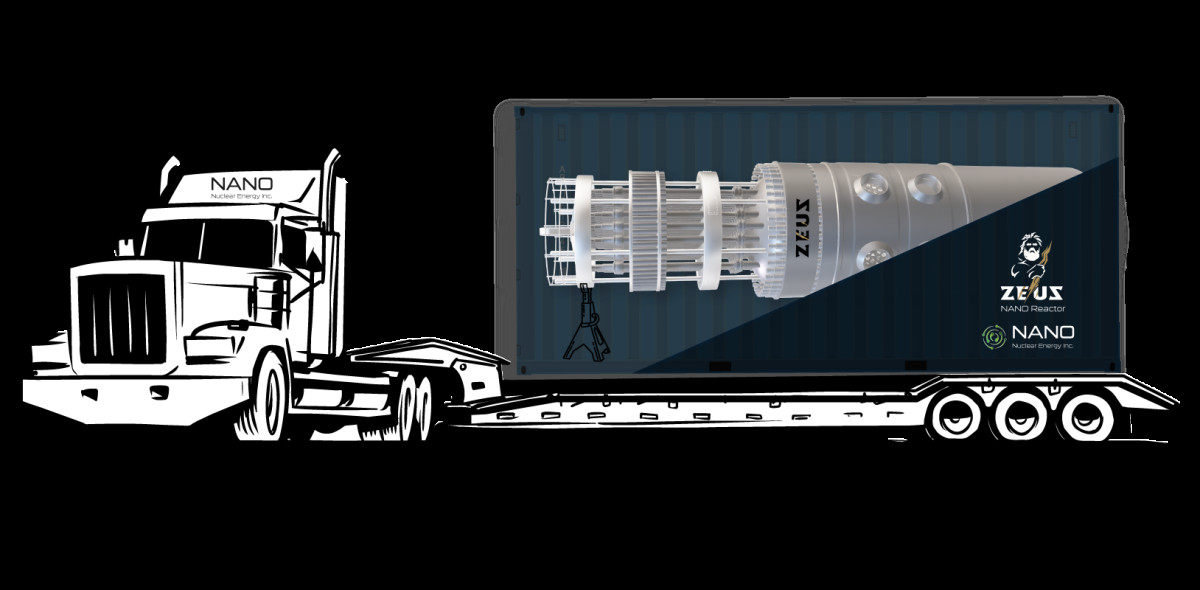Yakult's Strategic Restructuring in China: A New Chapter
Japan's Yakult Honsha, the renowned producer of probiotic drinks, has announced a significant restructuring of its operations in China. This involves the closure of its Shanghai factory, a move that has sent ripples through the industry and sparked questions about the company's long-term strategy in the vast Chinese market. The closure is part of a broader plan to enhance competitiveness and efficiency within its Chinese operations, a strategy which will be implemented by the end of 2024.
Shanghai Factory Closure and Production Relocation
The decision to shut down the Shanghai factory, operational since 2006, comes as part of a larger reorganization initiative. This factory, boasting a production capacity of approximately 16 million bottles, was one of seven Yakult production sites in China. Production from this facility will be gradually absorbed by other existing plants in Wuxi and Tianjin, ensuring a stable supply of Yakult products to consumers despite the relocation. The shift aims to improve overall management efficiency and streamline operations, potentially reducing costs and increasing profitability. This decision aligns with Yakult's broader strategy of consolidating resources to achieve efficient operation and business expansion.
Impact on Employment and Sales
While the closure of the Shanghai factory might initially raise concerns about job losses, Yakult assures that the impact on its fiscal year ending March 31, 2025, will be negligible. The sales division of Shanghai Yakult, a wholly-owned subsidiary, has been transferred to a newly established branch in Shanghai under Yakult China. This new branch will oversee sales through supermarkets and the company's signature Yakult Ladies home delivery service. This seamless transition aims to minimize disruption to the distribution network and maintain consumer access to Yakult products. The new Shanghai branch commenced selling products, including Yakult, Yakult Light, Yakult 50 Billion Light, and Yakult Peach Flavor (Iron Plus), on December 6th, 2024, alongside its takeover of retail distribution and the Yakult Ladies home delivery service.
Yakult's Commitment to the Chinese Market
Despite the restructuring, Yakult maintains its strong commitment to the Chinese market, affirming that there has been no change to its policy of continuing and further developing its business in China. The company believes that the reorganization will pave the way for sustainable growth by maximizing the potential of the Chinese market. This commitment is further underscored by the significant investment Yakult has made in its Chinese operations over the years, establishing a strong presence and fostering deep roots within the country's diverse consumer landscape. Yakult has clearly expressed a long-term vision for continued success in China.
Yakult's Financial Performance
For the six months ending September 30, 2024, Yakult reported positive financial results. Net sales reached ¥255 billion ($1.67 billion), a slight increase compared to the previous year. Operating profit also saw an improvement, reaching ¥33.7 billion, with the operating margin rising from 13.2% to 14%. These positive financial indicators demonstrate Yakult’s strong financial standing and ability to navigate market challenges, bolstering confidence in their strategic decisions.
Navigating the Future: A Path to Sustainable Growth
Yakult's strategic restructuring in China demonstrates a proactive approach to adapting to the evolving market dynamics. By optimizing its operational structure and consolidating resources, the company aims to improve efficiency, strengthen its competitive edge, and achieve sustainable growth. The consolidation of resources is expected to unlock further growth and maximize the potential of the Chinese market. The relocation of production to Wuxi and Tianjin will increase operational efficiency and provide a stable supply of Yakult products to consumers. The long-term view remains positive for the company in the Chinese market.
The company's commitment to the Chinese market remains steadfast, and its focus on efficiency and adaptation positions it well for continued success in this dynamic region. While the closure of the Shanghai factory represents a significant change, it forms part of a broader strategy aimed at enhancing competitiveness and achieving sustainable growth in the long term. The company's positive financial results further demonstrate its strength and resilience in the face of these strategic adjustments. The impact of the closure is expected to be minimal.
The closure of the Shanghai factory, while initially startling, should be seen within the larger context of Yakult's long-term strategy for success in China. Yakult's future in China remains bright. The company’s commitment to efficient operation and business expansion signals a promising path forward.

















